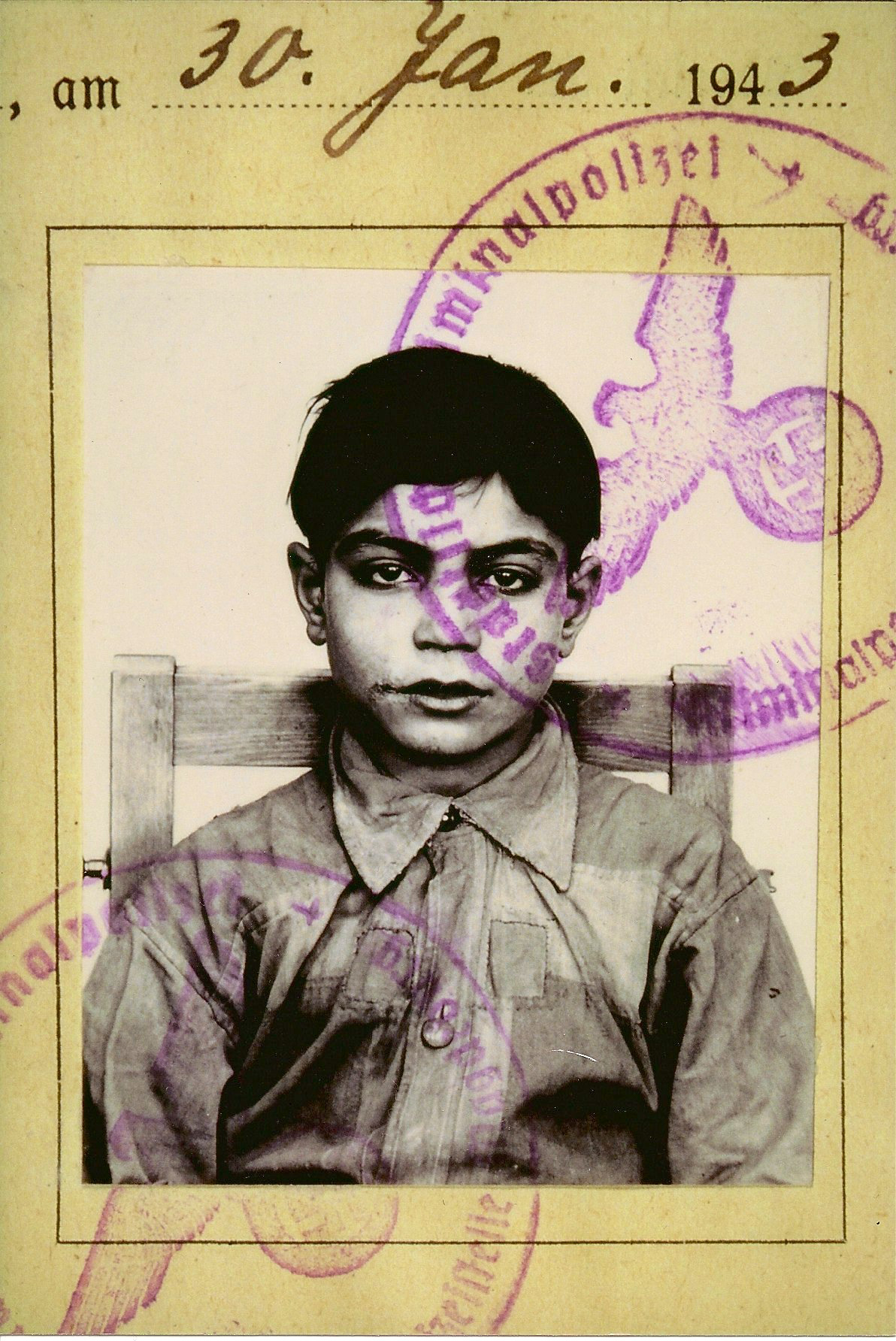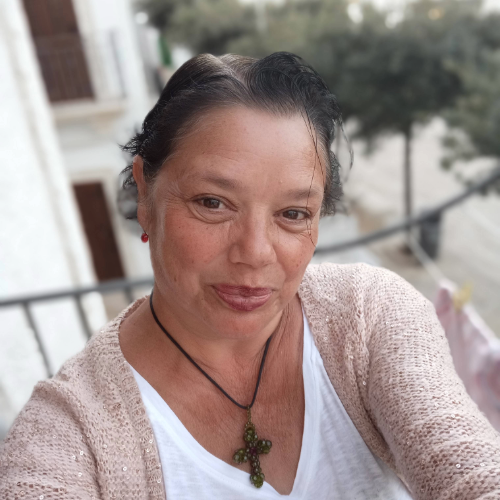FRG 1987 | Director, Screenplay: Katrin Seybold, Melanie Spitta | Camera Alfred Tichawsky, Heiner Stadler, Klaus Bartels | Editing: Annette Dorn, Thea Eymèsz | Music: Georges Boulanger | Sound: Werner Dobusch | Production: Katrin Seybold Film GmbH | Colour | DCP | 84 Min. | romani, german OV with english SUB | Filmmuseum München
The voice of evidence and accusation speaking off-screen is insistent, precise and unyielding. It belongs to Melanie Spitta, the child of survivors of Sinti persecution during the Nazi era. In The Lie, Spitta holds the “thread of truth”, as her co-director Katrin Seybold puts it, in this first coherent portrayal of the genocide of Germany’s Sinti population. Reconstructed on the basis of unpublished “police files and photos of racial researchers, documents of total registration.” Survivors of the camps open up to Spitta and speak of terrible things. Not least about how post-war society treated them, the few who survived: “The courts believed the perpetrators, not us, the victims.” Everything about this treatment was wrong, there were no “reparations.” The more calmly Spitta speaks, the clearer it becomes how much strength it costs her. And, in turn, the louder the brutal injustice is proclaimed to the world.
This digitally restored version comes from the Filmmuseum München under the supervision of Stefan Drößler and Carmen Spitta, produced by Film Shift GmbH as part of the BKM, Länder and FFA film heritage funding programme.

| Acronyms | |
|---|---|
| amer. | American English |
| b/w | Black and white |
| OV | Original version |
| SUB | Subtitles |
| +SUB | electronic live subtitling (below the image) |
| INT | Intertitles |
| Countries | |
|---|---|
| AT | Austria |
| FRG | Federal Republic of Germany (historic) |
| BLR | Belarus |
| DE | Germany |
| CAN | Canada |
| GDR | German Democratic Republic (historic) |
| EGY | Egypt |
| FR | France |
| GB | Great Britain |
| URY | Uruguay |
| BRA | Brasil |
| SWE | Sweden |
| UKR | Ukraine |
| PL | Poland |
| IDN | Indonesia |
| PRT | Portugal |
| HRV | Croatia |
| ECU | Ecuador |
| HUN | Hungary |
| AUS | Australia |
| IT | Italy |
| MEX | Mexico |
| IND | India |
Followed by a conversation with Carmen Spitta, activist and daughter of Melanie Spitta, Petra Rosenberg, daughter of Sinti civil rights activist and survivor Otto Rosenberg (1927–2001) and chairwoman of the Berlin-Marzahn Forced Labour Camp Memorial, and Wanda Kreutz, social educational worker and mediator in projects for Sinti children and young people.
In cooperation with the project THE PAST IS NOT ANOTHER COUNTRY: ARCHIVE ANDERS MACHEN, a collaboration between SİNEMA TRANSTOPIA and DFF – Deutsches Filminstitut & Filmmuseum.
Carmen Melanie Spitta was born in 1970 in Brilon, as the daughter of filmmaker and human rights activist Melanie Spitta. Almost all of Melanie Spitta's family members were victim of the Nazi genocide of the Sinti people. From 1979 to 1986, Carmen Spitta grew up in Argentina, where military dictatorship ruled until 1983. During this time, her mother was working on a several film projects addressing the genocide of the Sinti and their situation in post-war Germany. Back in Germany, Carmen was subjected to the conditions at the Odenwald School boarding school and, after graduating, lived in Costa Rica and Spain for a long time. She trained as a make-up artist and initially worked in film before turning her passion for cooking into a profession. She is a cosmopolitan, shaped by three cultures.
Carmen Spitta is the last surviving member of her Sinti family. She is actively committed to preserving the memory of her murdered relatives and her mother's legacy.
In addition, she conducts educational work on the situation and rights of Sinti. A key focus of her engagement with the past lies in the analysis and processing of transgenerational trauma.
Carmen Melanie Spitta lives in Frankfurt am Main.







